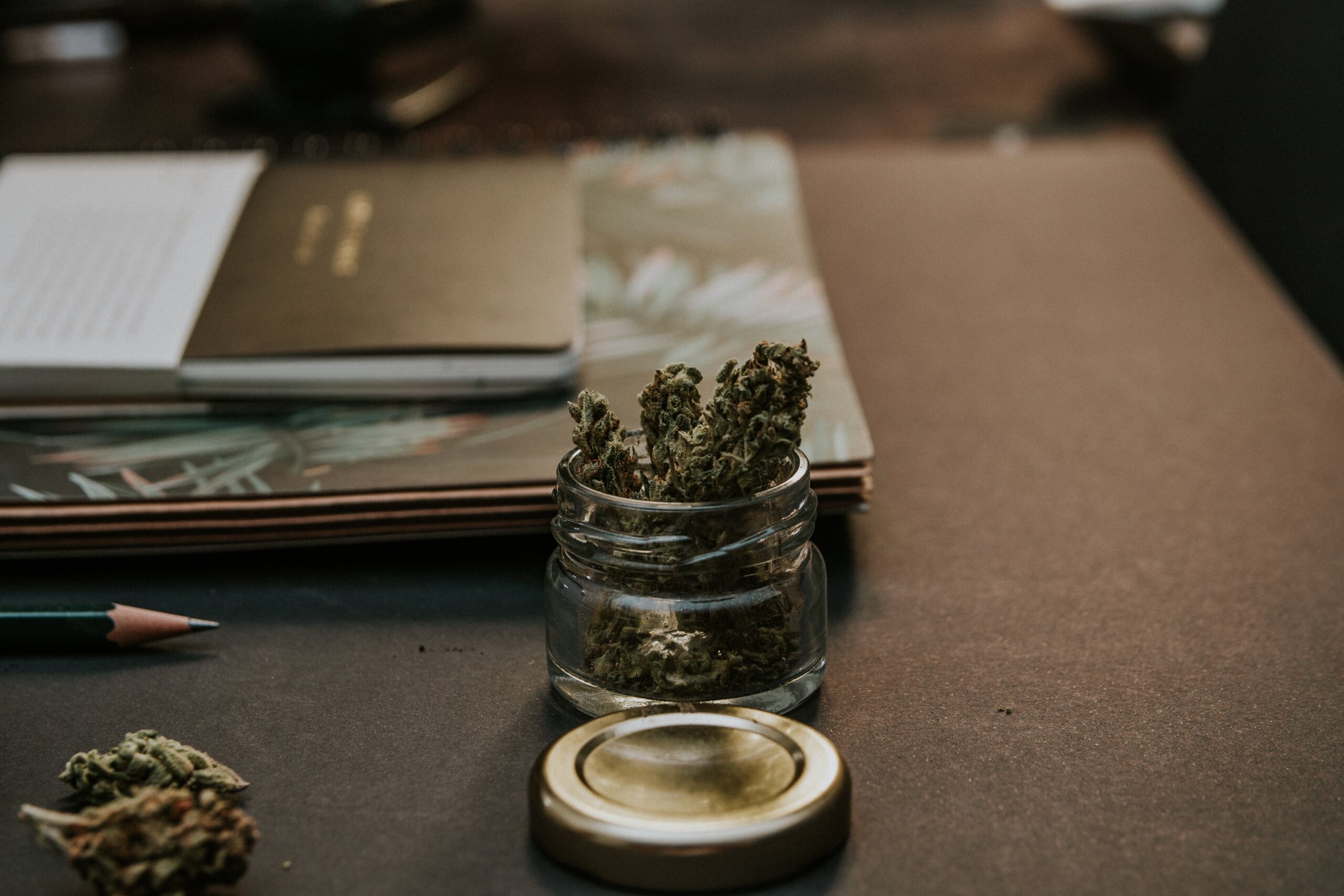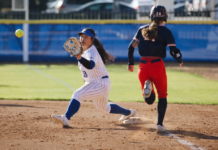On Dec. 12, 2023, the Journal of Sports Economics published a study detailing the consequences of Marijuana legalization on recruiting outcomes in NCAA D1 sports. Looking at recruitment data from 2003 to 2019, the study found that Cannabis legalization is an “important but complex driver of college sports recruiting.”
Presenting “unexpected consequences of marijuana legalization,” the study concluded that “legalization appears to improve basketball recruiting outcomes for in-state colleges but hurts recruiting outcomes for football programs … reveal[ing] a channel through which marijuana laws could impact post-secondary education.”
The study uses recruitment data from Rivals.com, a highly trusted sports ranking site, and a difference-in-difference data model to present these findings regarding marijuana legalization on collegiate athletics. Since Rivals.com only displays the recruiting ranking for the top 25 teams in a year, the researchers utilized the “Rivals 250 Bonus Scale” to determine the recruitment rankings of the remaining teams. In their analysis, researchers analyzed the 126 teams over 17 basketball seasons, participating in the “ACC, Big 10, Big 12, Big East, PAC-12, SEC, Mountain West, MAC, CUSA and American” basketball conferences. For college football recruiting outcomes, researchers also utilized data from Rivals.com, examining 113 college football teams over the 17-year study duration.
As indicated by the research model, recreational marijuana legalization “adversely affects football recruiting outcomes.” Collegiate football programs in states with legalized recreational cannabis use rank 2.9 slots worse than institutions where cannabis is not legal. Researchers concluded that this was significant data, indicating a magnitude

of ten percent, and “in absolute terms, the magnitude for Legal is roughly equivalent to 1.7 additional BCS bowls in the past five years or about 51% as strong as the effect of a college fielding a new head football coach.” Researchers concluded that their key results from legalization data is, “state legalization of recreational marijuana appears to have adverse effects on football recruiting for colleges and universities within the state.”
Contrary to football recruitment, marijuana legalization presents the opposite effect on collegiate basketball, improving recruitment numbers. The research model found that residing in states with legalized recreational cannabis use improved collegiate basketball recruiting rankings by 3.7 slots; this result is significant with a magnitude of five percent. Researchers concluded that the effects of Marijuana legalization are not trivial, and “In absolute terms, being located in a state with legal marijuana exerts an effect on recruiting that is 50% as strong as having a new coach.”
Using the recruitment data from Rivals.com, researchers concluded that colleges in states with legal access to recreational marijuana would receive enhanced recruiting numbers in collegiate basketball but reduced numbers in collegiate football recruitment. According to the research model, being located in a state with legal cannabis is associated with a 3.7-slot improvement in recruiting rankings for basketball and a 2.9-slot reduction in recruiting ranks for football. Researchers compared these numbers with previous football and basketball recruitment research, finding that Marijuana legalization is half as important as head-coach status when it comes to recruiting collegiate athletes. In both the case of football and basketball, marijuana legalization is considered a significant variable, suggesting that interested parties of other NCAA sports should consider the effects of Cannabis legalization on collegiate recruitment numbers.
The results of this study are unsurprising, given recent professional football and basketball attitudes toward marijuana. In 2023, the National Basketball Association (NBA) removed marijuana from the list of prohibited substances for NBA players, essentially legalizing cannabis in the NBA. Not only is this demonstrative of a progressive shift in attitudes towards marijuana, but it also allows NBA players to benefit from the cannabis industry lucratively. Basketball players have even commented on the NBA’s decision to legalize cannabis within the industry. Kevin Durant, in reference to marijuana use, stated, “It’s the NBA, man. Everybody does it, to be honest. It’s like wine at this point.”
Interestingly, in recent years, the National Football League (NFL) has experienced a shift towards more progressive ideologies regarding cannabis use. In Feb. 2022, the NFL even awarded one million dollars to the University of California San Diego and the University of Regina in Canada to investigate the effects of cannabis use on pain management. Dr. Allen Sills, the NFL’s chief medical officer, stated that this “may lead to the discovery of data-based evidence that could impact the pain management of our players.” With many of their players reportedly consuming marijuana for pain management without fear of losing their careers, many perceive this announcement as the NFL being more open to cannabis use.
Taylor Swift’s boyfriend, Travis Kelce, a tight end for the Kansas City Chiefs, during his collegiate football career in 2010, tested positive for marijuana and was suspended for the remainder of the season. Something he was punished so harshly for 14 years ago, according to Kelce, is now something that around 50 percent to 80 percent of professional football players use. Kelce even stated that under the NFL’s more lenient marijuana policy implemented in 2021, it is easy for players to use marijuana during the offseason, and as long as “you just stop in the middle of July, you’re fine.”








